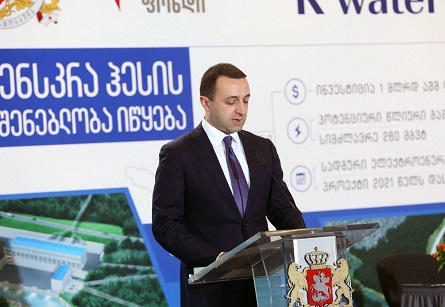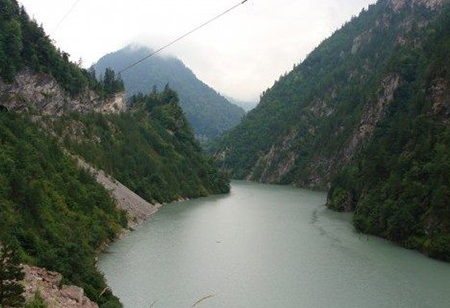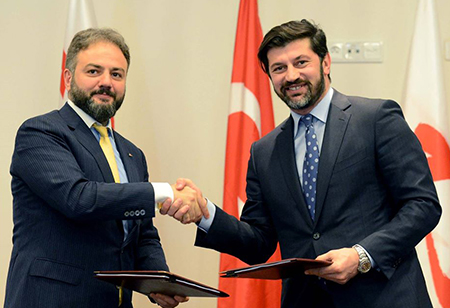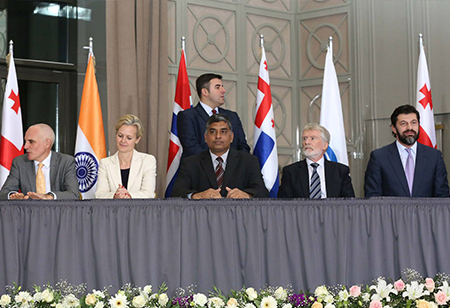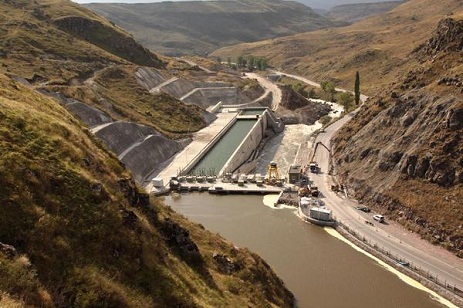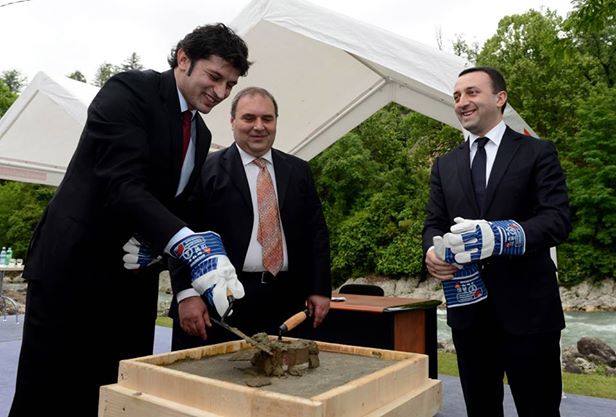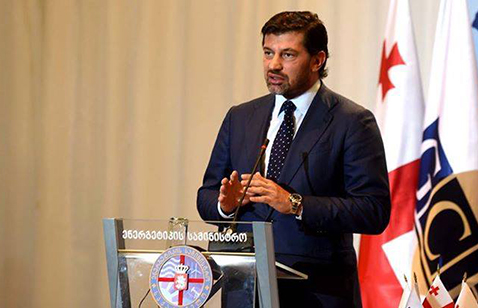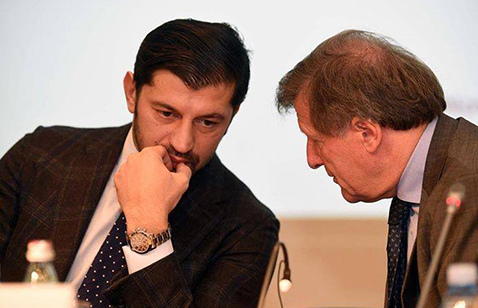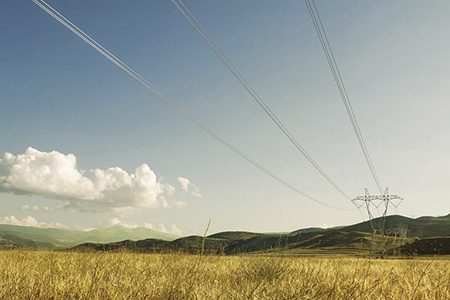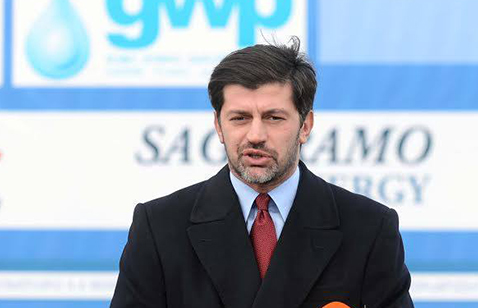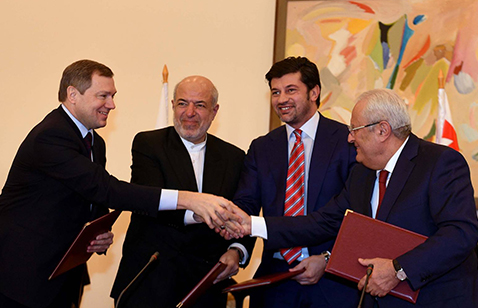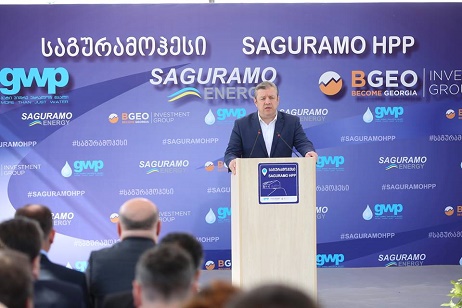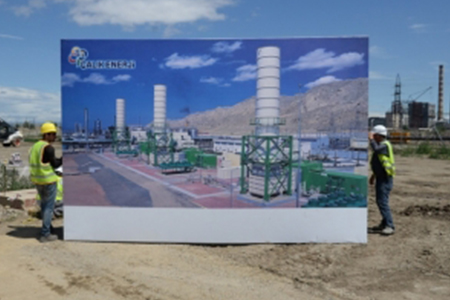Georgia builds four HPPs worth $723m to gain energy independence
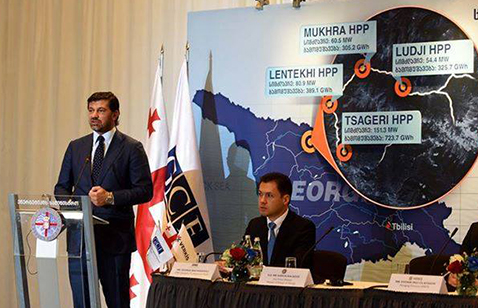
Georgia is starting to implement the largest energy project the country has ever seen to move Georgia one step closer towards energy independence.
Four new Hydro Power Plants (HPPs) – Mukhara HPP, Lentekhi HPP, Ludji HPP and Tsageri HPP – will all be built along the Tskhenistskali River in Georgia’s Racha-Lechkhumi and Lower Svaneti regions.
The Tskhenistskali HPP Cascade project, which united building the four HPPs, was worth $723 million USD. When complete the HPPs will enable Georgia to replace expensive thermal power during the three coldest winter months and to export energy during the remainder of the year to take advantage of the seasonal differentials in power prices between Georgia and its neighbouring countries.
Energy independence is the most important goal for our Government and we do our best to achieve it [and] at the same time we try to make Georgia more attractive for investors to implement more energy projects in the country,” said Georgia’s Energy Minister Kakha Kaladze.
This will contribute in creating more job places and developing the economy faster. Building the HPPs while using other alternative energy resources is one of the main goals of Georgia’s energy policy,” he said.
Those involved in the development and construction works - Georgia’s Ministry of Energy and the Co-Investment Fund - signed a special agreement today signalling the launch of the 347.1 megawatt Tskhenistskali HPP Cascades project.
Collectively the HPPs will generate about 1.7 billion kW of energy per hour.
Co-Investment Fund chief executive director Goirgi Bachiashvili stressed the average annual production rate of the Cascade HPPs would be 17 percent more than Georgia’s current annual electricity consumption.
This is a huge project that will significantly increase the country’s energy efficiency. During the different stages of the Cascade construction, large-scale infrastructural and social projects will be implemented. Thousands of people will be employed there and millions of GEL will be added to the central as well as regional budgets. All this will improve the conditions in the Racha-Lechkhumi and Lower Svaneti regions,” he said.
According to preliminary assessments, the active phase of construction will begin in 2017.
In the meantime several research studies will be conducted to determine the impact of the four HPPs on the environment. Icelandic companies Verkis and Landsvirkjun Power will be responsible for the technical-economic studies and designing the Tskhenistskali HPP Cascades.
In this regard a special agreement was signed between the Co-Investment Fund and the Icelandic companies today.
 Tweet
Tweet  Share
Share

